You may know that producing the food we eat in the UK, as well as the clothes we wear and many of the other products we use, has impacts on freshwater right around the world – often in countries where water supplies are under great stress, meaning there’s sometimes not enough water to meet the needs of people and nature, or the water that is available is poor quality.
For instance, around 20% of the citrus fruit (such as oranges and lemons) we eat in the UK are grown in South Africa. They need a lot of water to grow, which puts pressure on water supplies, even in cities. Earlier this year, Cape Town’s residents faced fears they’d have to start queuing for water – a moment referred to as Day Zero.
Thankfully, it looks like Day Zero won’t happen this year now due to the combined efforts of the city’s residents and farmers to save water. But climate change is going to have a significant impact on water resources in South Africa, so the likelihood of Day Zero happening is set to increase.
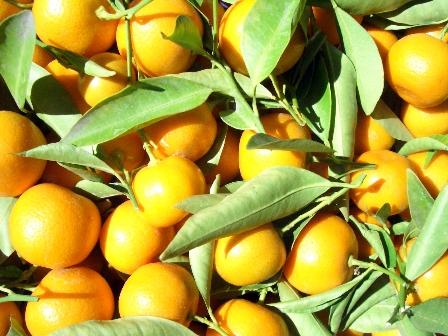
Clearly, we need to do all we can to tackle these increasing problems. We’re working with sustainability experts WRAP, on the Courtauld Commitment 2025. It’s a voluntary agreement for the UK’s food and drink sector, working across the supply chain from farm to fork and including all major supermarkets, trade bodies, manufacturers, the hospitality and food sector and others.
It’s a huge opportunity to make big improvements, particularly under the new Water Ambition. We’ll have freshwater projects in the UK, Spain, Kenya and South Africa where we’ll be working with farmers and local organisations on a variety of projects. In South Africa, one part of the project will involve clearing invasive plant species which take up a lot of water and leave less available for agriculture, people and nature. All of the projects are about bringing people together and taking actions to reduce our impact on freshwater.
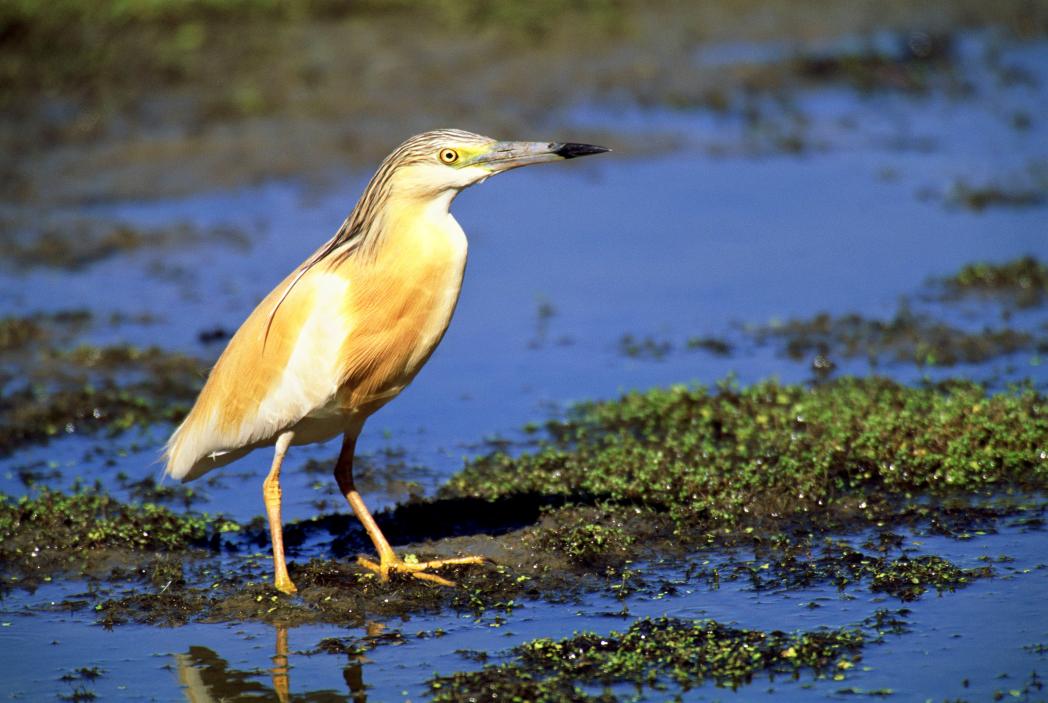
Through our broader work on water stewardship, WWF helps businesses to become better stewards of the freshwater they rely on for producing the food we eat, clothes we wear, and lots of the other products we use. It’s a win-win: it helps to reduce their impact on the environment and it can lessen the risk that poor water management poses to businesses. We’ve designed a simple infographic (PDF) that explains a bit more about the increasing risks that businesses which rely on freshwater are facing.
You can also read about the steps we’re calling on everyday brands to take so they become good water stewards, in our new booklet (PDF)
If you’d like to find out more, please email: WaterStewardship@wwf.org.uk
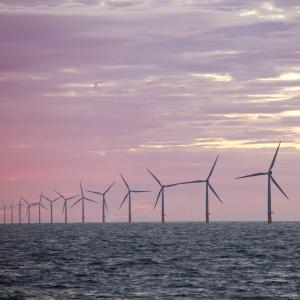 Will you make a promise for the planet?
Will you make a promise for the planet?
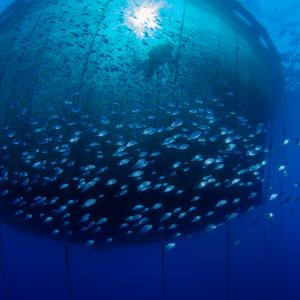 Learn More About Seafood
Learn More About Seafood
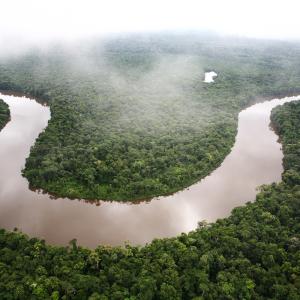 Our lakes and rivers are vital for people and wildlife
Our lakes and rivers are vital for people and wildlife